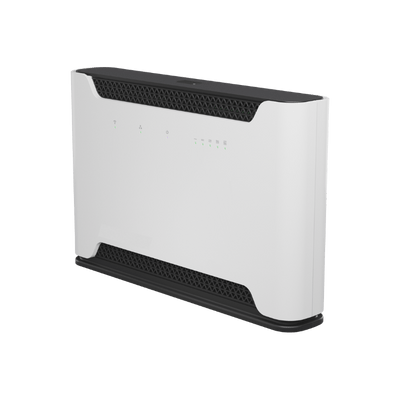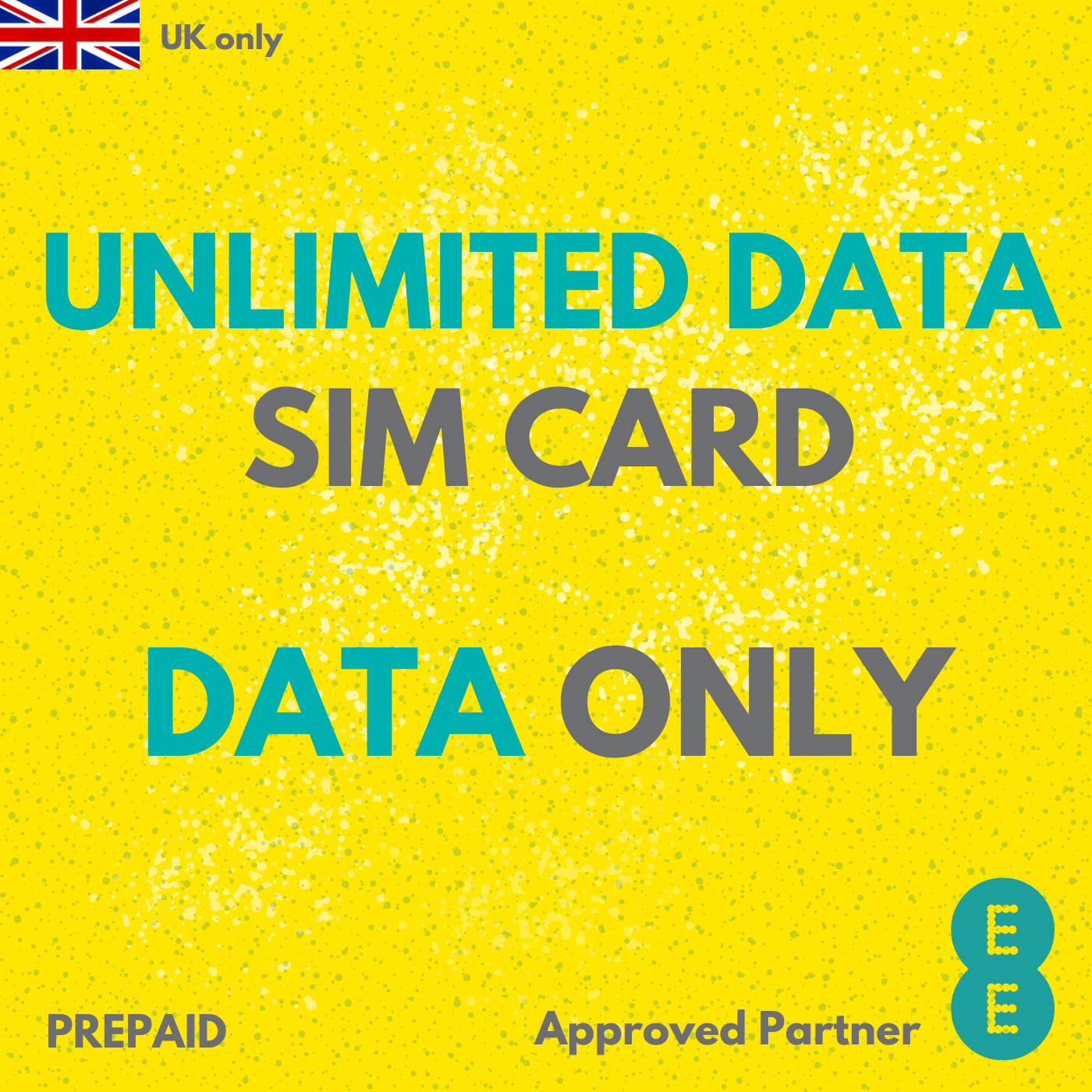Mobile broadband is becoming more and more popular as a way to access the internet, especially in areas where fibre still isn't available. After all, who doesn't love the idea of being able to get superfast speeds in a rural location?
However, there are a few things you need to take into consideration before using 4G for gaming. They are speed, latency, data allowance, and bandwidth. Let's break it down.
Speed
One of the most important things to consider when using 4G mobile broadband for gaming is speed. After all, no one wants to be stuck in the middle of a raid with a lagging connection.
The good news is that 4G broadband download speeds are pretty impressive, with providers offering average real-world speeds of around 20 - 30mbps and maximum real-world speeds of up to 100Mbps! Your speed will depend on what kind of 4G coverage you have in your area. The better the mobile signal strength the higher your speeds are likely to be!
You can easily check your signal by using the online coverage checkers provided by the major 4G mobile networks such as EE, O2 and Vodafone. However, keep in mind that speeds also may vary depending on your location and time of day. At peak times when there are more users connecting to the same 4G mast at the same time, you may see a slight drop in speeds.
Latency
In addition to speed, you also need to take latency into consideration when using 4G mobile broadband for gaming. This can also often be referred to as the 'ping' rate of your connection.
Latency is the time it takes for your device to communicate with the server, and it can have a big impact on your gaming experience. When gaming, higher latency will mean a longer delay between you moving your mouse in a game and your character actually responding on screen. So, it couldn't be more important to ensure your broadband has low latency. This could particularly affect you when you're online gaming.
For example, if your opponent is using a connection with better latency, you may find yourself disadvantaged when trying to aim at them as they can move out of the way quickly without your character reacting in time to fire a shot off. For 4G broadband, you’re looking at an average latency of around 50ms (milliseconds). To put this into context, that's not too far away from fibre broadband which averages around 20-30ms.
And more importantly, it's a million miles away from the terrible latency of satellite broadband which can get up to over 100ms. The moral of the story here is that 4G broadband latency makes it a perfectly viable option for gaming.
Data Allowance
Another thing to consider when using 4G LTE mobile broadband services for gaming is data allowance. Gamers will want to keep an eye on their broadband data allowance because they can easily consume a lot of data while gaming.
If you're not careful, you can quickly burn through your monthly data allowance and have to pay overage fees. That's why it's important to carefully monitor your data usage when gaming and make sure you're not going over your monthly limit. You may need to adjust your settings or even downscale the quality of your games if you're getting close to your limit.
By taking these measures, you can enjoy uninterrupted gaming without having to worry about exceeding your data allowance. Or better yet, invest in an unlimited 4G data contract! This way you don't have to worry about accidentally going over your SIM limit and incurring extra charges. Download as many online games as you like. Peace of mind for everyone.
Bandwidth
And last but not least, you'll also want to take bandwidth into consideration when using 4G mobile broadband services for gaming. Bandwidth is the amount of data that can be transferred in a given period of time, and it's important because it determines how much traffic can be coped with at once.
It's different from broadband speed which is just the measurement of how fast traffic moves across the network. When it comes to gaming, having a high-bandwidth connection is crucial for getting the most out of your experience. And if you're planning on online gaming with other people, be sure to check the bandwidth requirements of the games you want to play – some can require download speeds of as much as 25 Mbps.
Generally, bigger games with highly detailed and complex graphics and storylines are the ones that will require a stronger connection on the 4G network to work effectively.
Is 4G a good internet connection for gaming?
4G is a good option for gaming for those without access to fibre, as it offers fast download speeds and low latency. However, you'll also want to take bandwidth and data allowance into consideration when using 4G mobile broadband for gaming.
And now with the expansion of the 4G and 5G mobile networks, mobile home broadband is only going to get faster and more reliable for playing and downloading games as time goes on.
Tips for getting the most out of your internet when gaming:
- Make sure you have a stable connection with minimal latency. You can check this by performing a ping test.
- Close all other programs that might be using up your bandwidth or computing power.
- Configure your network and router settings for the best online gaming experience possible.
- Use a wired connection direct from the 4G router rather than using the WiFi for the best performance.
- Go for an unlimited SIM contract to avoid overage spending.
Final thoughts
Overall, when using 4G for gaming, you'll want to take into account latency, data allowance, and bandwidth. By considering these factors, you can ensure a smooth and enjoyable gaming experience without any nasty surprises.
And don't forget to invest in an unlimited data SIM contract for your home broadband if you're a heavy gamer – it's well worth the peace of mind! Happy gaming!





